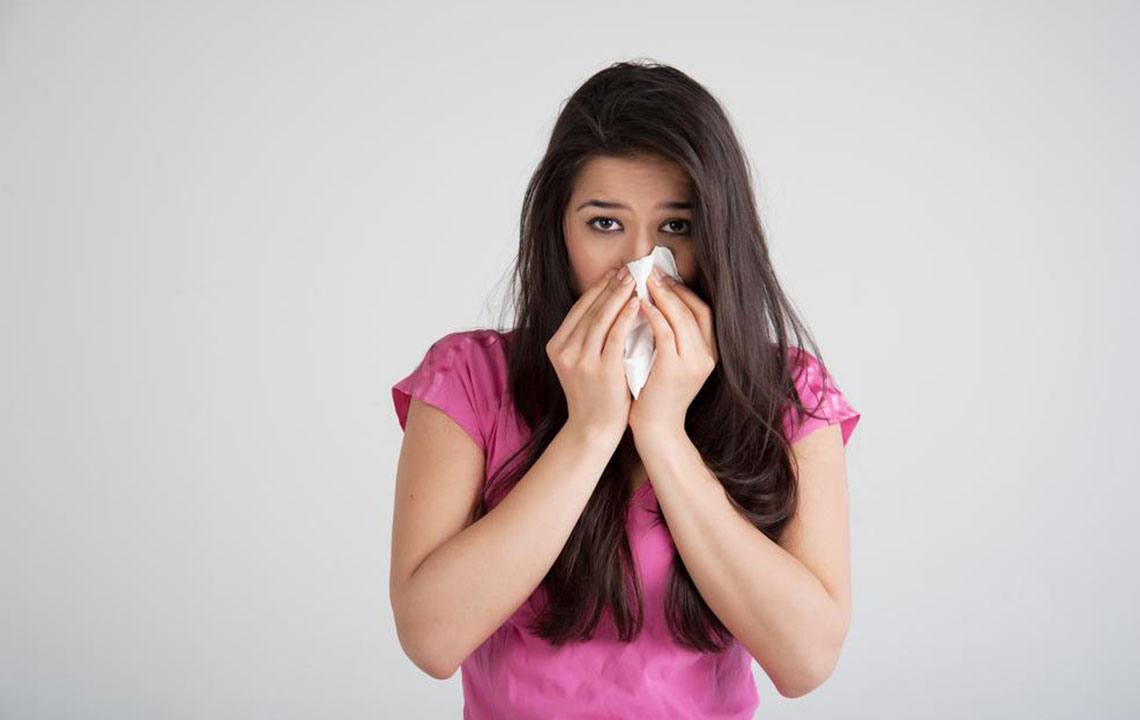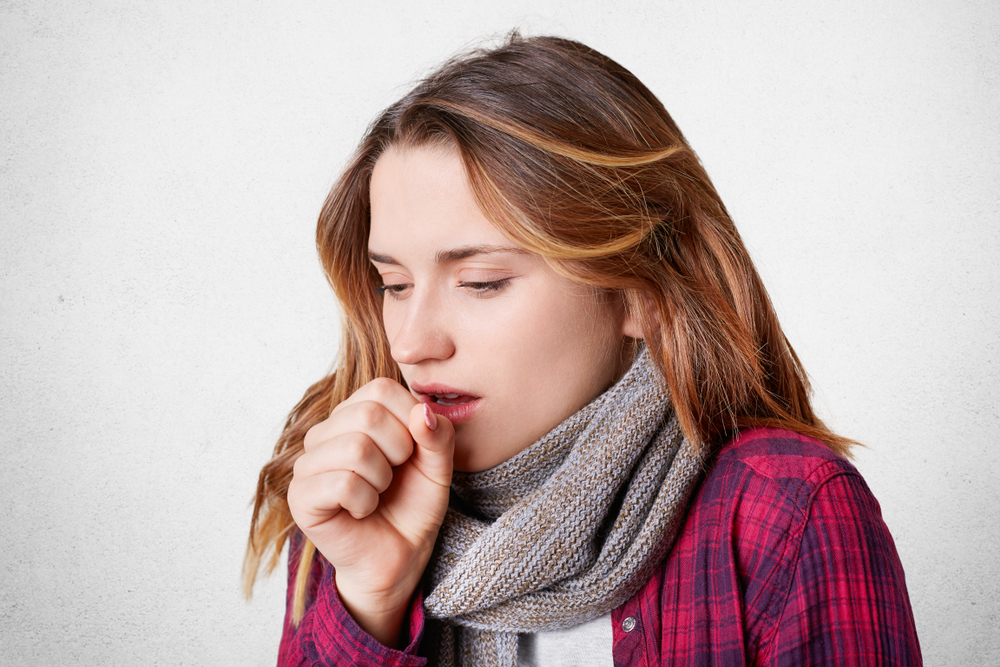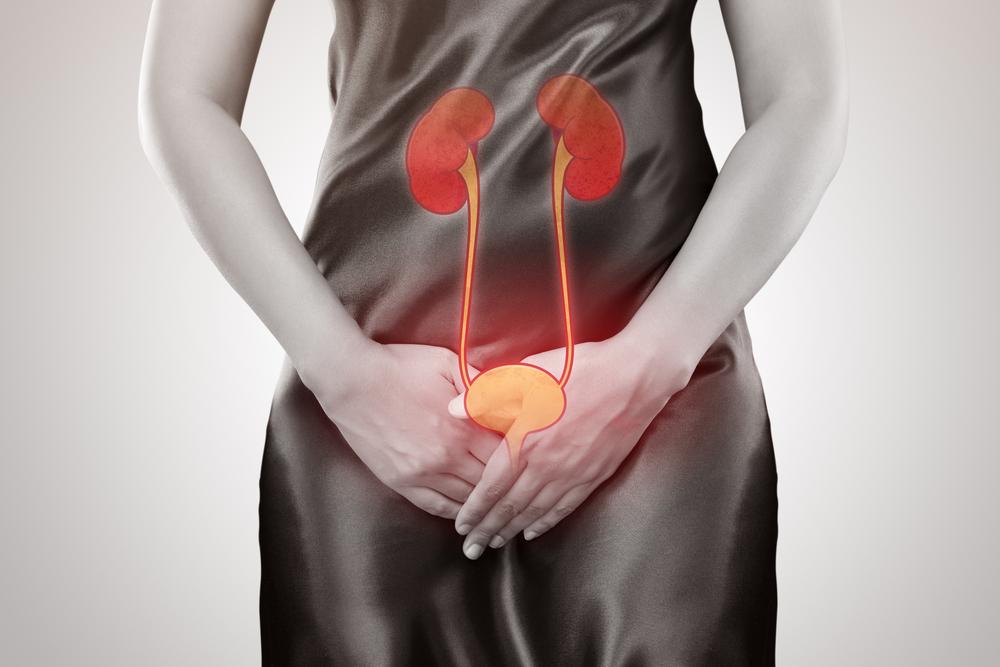Understanding Pneumonia: Causes, Symptoms, and Natural Relief Options
This article explores pneumonia's causes, symptoms, and natural remedies. It emphasizes preventive strategies like vaccination and hygiene, alongside home remedies such as garlic, turmeric, and steam inhalation to support recovery. Suitable for all ages, the guide offers practical advice for managing pneumonia effectively alongside medical treatment, highlighting the importance of timely intervention and lifestyle measures to mitigate risks.

Understanding Pneumonia: Causes, Symptoms, and Natural Relief Options
Pneumonia is a lung infection that impacts one or both lungs, leading to inflammation in the alveoli—the tiny air sacs in the lungs. When these sacs become inflamed, they fill with pus or fluid, making breathing difficult.
The condition can result from bacteria, viruses, or fungi, but exposure to toxic substances or inhaled foreign particles can also cause pneumonia. If not treated promptly, it can become life-threatening. Every year, many lives are lost worldwide due to this illness.
Pneumonia can affect anyone, regardless of age or gender. However, the elderly and immunocompromised individuals are at higher risk. It can be more severe and harder to treat in children, seniors, or those with ongoing health issues.
The illness often begins when pathogens are inhaled into the lungs. Those with cold or fever are more susceptible, as these conditions weaken the lungs' defenses. Chronic conditions like diabetes or cancer further increase risk.
Pneumonia spreads through respiratory droplets from coughs or sneezes, though some types are non-contagious. Symptoms vary by age and type but commonly include a persistent cough with mucus, chest pain, shortness of breath, high fever, and sweating. Children may appear sluggish and refuse food or liquids, whereas older adults might experience confusion or subtle symptoms.
Diagnosis often involves antibiotics, which can effectively combat bacterial pneumonia. Rest and a nutritious diet are essential during recovery. In addition, certain home remedies may complement medical treatment:
Fenugreek – Widely used in cooking, fenugreek helps detoxify the body by promoting sweating. It can be boiled in water, cooled, strained, and consumed.
Garlic – Known for its antibacterial properties, garlic helps fight infections and clears mucus. Crush or grate garlic, mix with lemon juice and honey, and consume two to three times daily.
Vegetable Juices – Juices from mixed vegetables like beetroot, spinach, cucumber, and carrots support immunity and detoxification. Drink fresh juice every morning for best results.
Steam Inhalation – Inhaling steam alleviates congestion and eases breathing. Adding essential oils is optional but can enhance relief.
Turmeric – This medicinal herb has antifungal and antiseptic properties. Add a teaspoon of turmeric to warm milk and drink before bed daily.
Pleurisy Root – Used to reduce lung inflammation, this herb should be prepared as a tea and sipped throughout the day. Excessive consumption is discouraged as it may cause stomach or heart issues.
Preventive measures include frequent handwashing, avoiding contact with infected individuals, and vaccination—especially important for children—to reduce the risk of infection.










